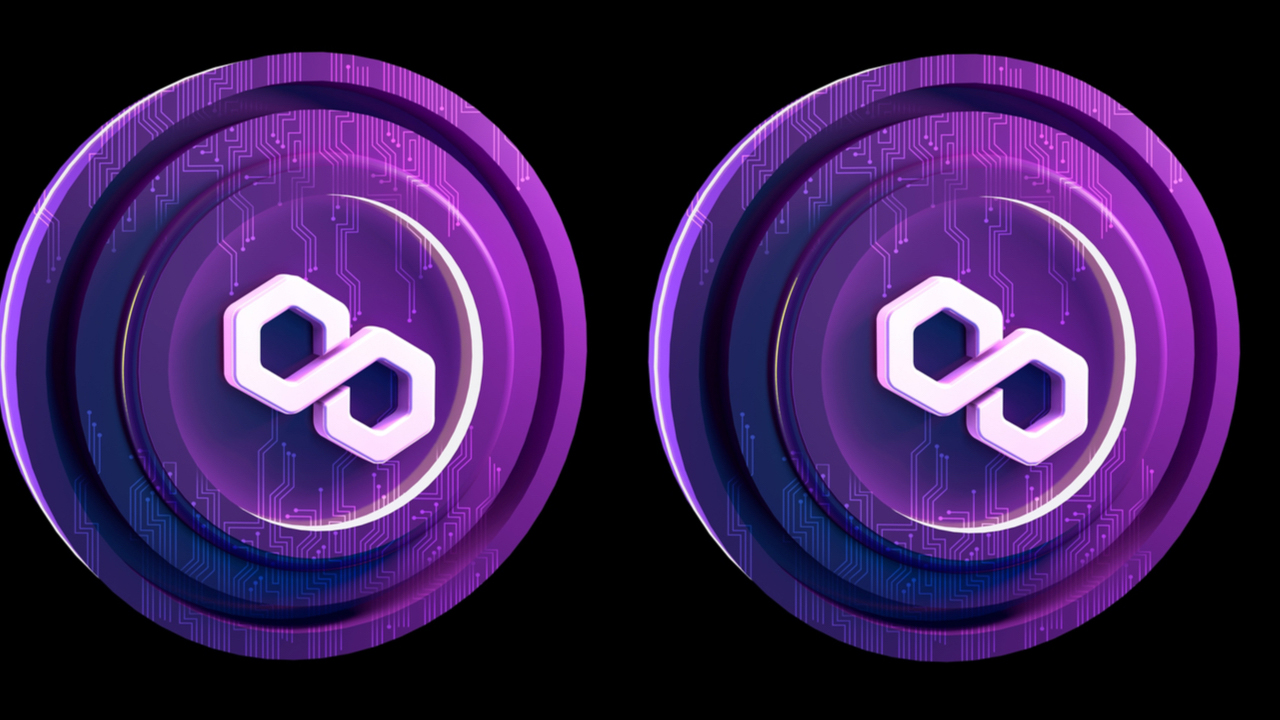On March 29, Polygon, the layer two (L2) scaling solution that runs parallel with the Ethereum blockchain, has announced a new identity platform called Polygon ID. While the protocol is is still under development, Polygon ID is powered by zero-knowledge (ZK) cryptography and Polygon expects a public version of the ID wallet app and software development kit (SDK) to release by Q2 2022.
Polygon Reveals ID Protocol Powered by ZK Technology
Polygon has introduced a new identity platform called Polygon ID that aims to bolster zero-knowledge identity for Web3 applications. In the vast world of cryptography, a zero-knowledge (ZK) proof allows a user to leverage a cryptographic verifier that enables the user (the prover) to prove something is true without revealing unnecessary information. During the announcement concerning Polygon ID this week, Polygon said the team has made ZK tech a “centerpiece of its strategic vision and has committed $1 billion to related projects.”
According to Polygon, the protocol Polygon ID utilizes the Iden3 protocol and Circom ZK toolkit. The team says that in the future, both of the projects will be sponsored by Polygon in order to bolster open source initiatives across the entire ecosystem. Mihailo Bjelic, Polygon’s co-founder, explained during the announcement that Polygon ID is a great way to highlight the benefits of ZK tech.
“Polygon ID is private by default, offers on-chain verification and permissionless attestation,” Bjelic said in a statement on Tuesday. “There is nothing in the digital identity space now that ticks all these boxes. It is also a great showcase for how zero-knowledge proofs can help us create a better world.”
The Polygon team has been progressing a great deal in recent times and during the first week of February, Polygon raised $450 million from Sequoia Capital India, Softbank, and Shark Tank’s Kevin O’Leary. Prior to the fundraising with more than 40 VC firms, Polygon announced the acquisition of the Hermez Network (now Polygon Hermez) for $250 million in August 2021. In mid-December 2021, Polygon acquired the Mir Protocol for $400 million in order to bolster “groundbreaking ZK rollup technology.”
Polygon’s native token MATIC is currently the 18th largest crypto asset in terms of market capitalization with $11.3 billion at the time of writing. Year-to-date, MATIC has gained 361% against the U.S. dollar and during the last two weeks, MATIC has risen 14.3%. The Polygon ID announcement details that there are four properties the protocol offers.
“Polygon ID has the following properties: [A] blockchain-based ID for decentralized and self-sovereign models, zero-knowledge native protocols for ultimate user privacy, scalable and private on-chain verification to boost decentralized apps and decentralized finance, and [being] open to existing standards and ecosystem development,” the blog announcement explains.
What do you think about Polygon introducing a new identity platform called Polygon ID? Let us know what you think about this subject in the comments section below.
Image Credits: Shutterstock, Pixabay, Wiki Commons
Disclaimer: This article is for informational purposes only. It is not a direct offer or solicitation of an offer to buy or sell, or a recommendation or endorsement of any products, services, or companies. Bitcoin.com does not provide investment, tax, legal, or accounting advice. Neither the company nor the author is responsible, directly or indirectly, for any damage or loss caused or alleged to be caused by or in connection with the use of or reliance on any content, goods or services mentioned in this article.



